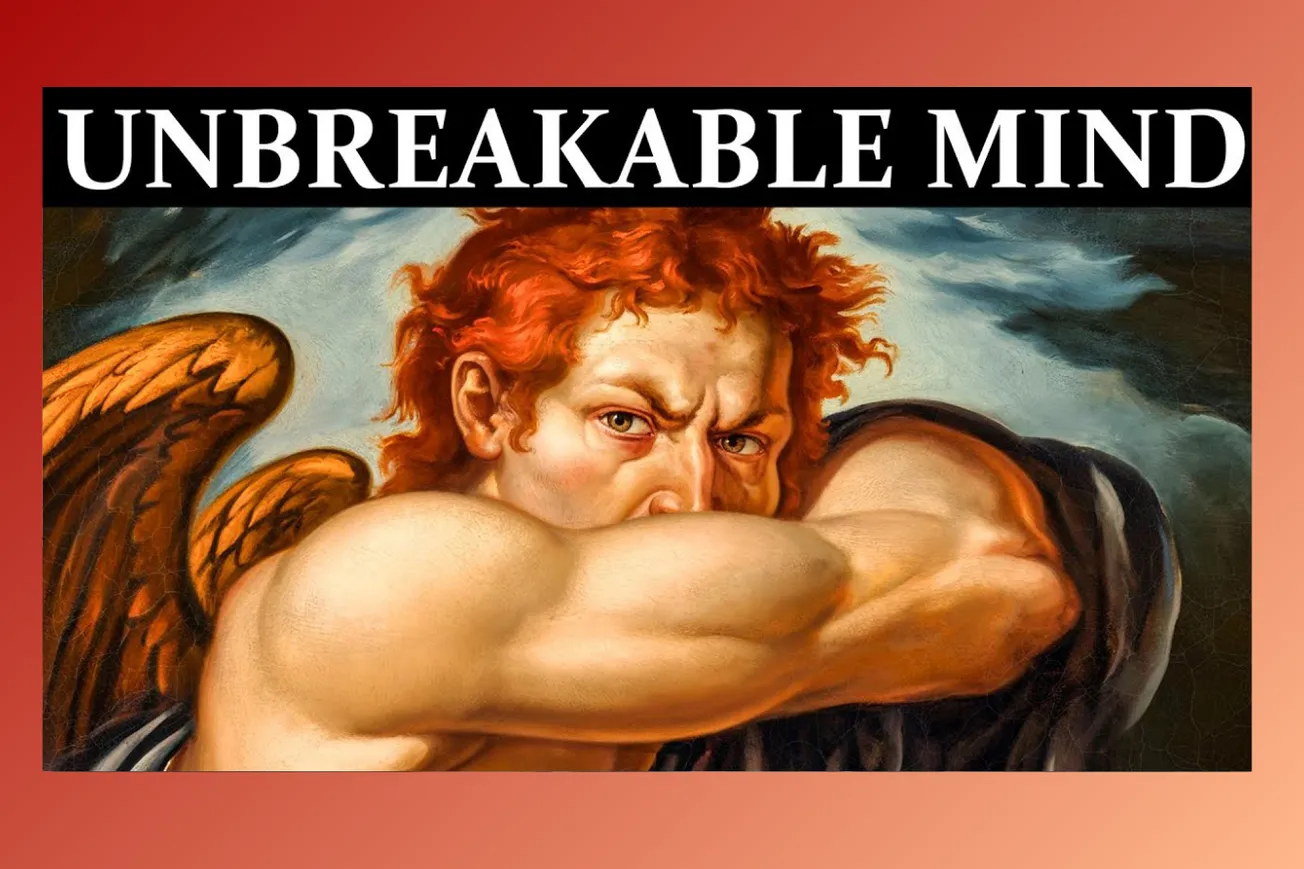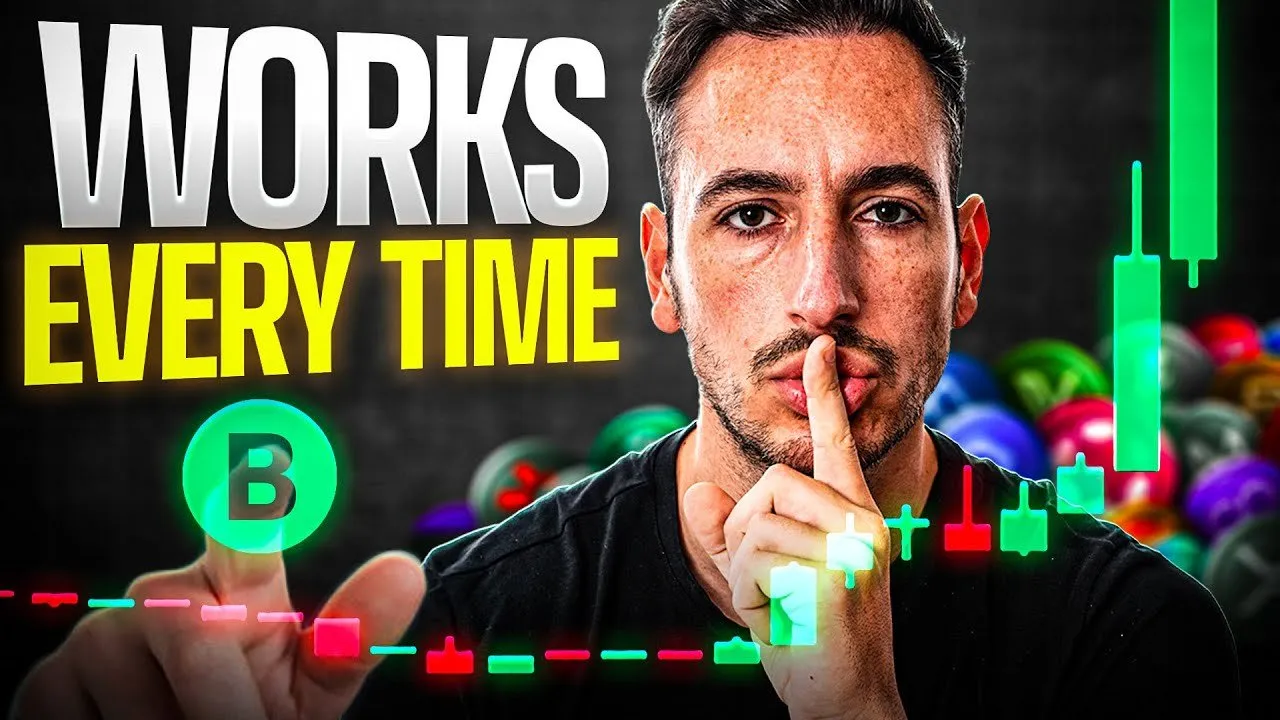Table of Contents
Ever feel like your personal growth makes waves, unsettling those around you? This isn't just in your head. Delving into Nietzsche's challenging philosophy, we explore why developing a truly strong mind—one that thinks for itself and questions norms—can threaten the comfortable status quo. This journey isn't easy; it demands facing chaos, embracing solitude, and creating your own values. But the reward is an unbreakable, authentic self.
Key Takeaways
- True personal evolution often makes others uncomfortable as it challenges their own complacency.
- Nietzsche taught that real strength is forged in chaos and suffering, not comfort.
- The "death of God" signifies the end of external excuses, placing full existential responsibility on you.
- The Übermensch, or Overman, represents a human who creates their own values and lives beyond herd mentality.
- Embracing solitude is crucial for self-possession and developing an independent, unbreakable mind.
- Collective mediocrity often resists individual brilliance, using subtle tactics to enforce conformity.
- Building an unshakeable mind involves renunciation but ultimately leads to profound integrity and clarity.
The Unsettling Nature of True Change
When you genuinely start to change, people around you often grow uneasy. They might not say it directly. Instead, it comes out in jokes, advice disguised as concern, or an awkward silence when you broach deeper topics. What's really happening is straightforward: "Your mental evolution threatens their comfort zone." No one enjoys being forced to confront their own complacency. You might be experiencing this right now—thinking differently, acting differently, questioning old certainties. This can lead to feeling alone, misunderstood, even judged.
- This discomfort is a signpost on the path to building a strong mind. This isn't just ordinary strength, but an intensity that can make others uneasy, even scare them.
- A powerful, independent mind inadvertently exposes the autopilot existence of others. It becomes a silent threat to collective mediocrity.
- When you decide to think for yourself, craft your own values, and abandon "ready-made truths," you become dangerous. Dangerous to established systems, to others, and crucially, to your former self.
- This exploration is for those tired of being hostage to their insecurities, ready for an internal transformation that builds something indestructible: a mind no one can manipulate.
While the discomfort of others can be a sign of your growth, it's also wise to consider the nature of these reactions. Sometimes, the "advice masked as concern" might stem from genuine care, albeit awkwardly expressed. Not all resistance is a direct attack on your evolution; it can also be a reflection of others' limitations or fears, or even, occasionally, a valid external perspective worth considering, even if briefly.
Nietzsche and the Necessity of Chaos
Nietzsche wasn't just a philosopher; he was a "surgeon of the human soul." He dared to look into the abyss of existence and found there the very source of true strength. For Nietzsche, transformation doesn't arise from peace or stability. It's born from pain, from falling, from chaos. He famously wrote, "You need to have a chaos inside you to give birth to a dancing star." This isn't mere poetry; it's a profound psychological insight.
- Building an unshakable mind means abandoning the childish notion that it comes from comfort or cheap motivation. True strength emerges when you face suffering without flinching.
- Stop wishing for an easier life; start wishing to be stronger. Reflect on your greatest periods of growth. Were they during easy times, or when you were shattered and had to rebuild yourself?
- Nietzsche viewed suffering not as a flaw in existence, but as its primary driving force. He didn't romanticize pain but saw it as a tool.
- Changing your relationship with pain, failure, and loneliness allows you to shape an indomitable spirit. This is when the world starts to be disturbed by you, as you learn to walk within chaos while others seek normality.
- True strength isn't constant smiling or faked emotional control. It's about enduring the unbearable and emerging even more formidable. However, chaos alone can destroy. An inner anchor is essential.
"God is Dead": Embracing Existential Responsibility
When Nietzsche declared, "God is dead," he wasn't celebrating; he was issuing a stark warning. He wasn't attacking a divine figure per se, but rather "the illusion that there is a higher authority taking care of everything." He killed the comforting idea of a pre-established plan or purpose given from outside. The death of God signifies the end of excuses. This is terrifying because it removes the comfort of outsourcing responsibility for your life.
- It was once easy to believe suffering was part of a divine plan, a greater good. Nietzsche rips this veil away, forcing you to confront your solitude: "There is no ready-made meaning. Now you are the creator."
- This is where the construction of a powerful mind truly begins. Most collapse when they realize they're alone with chaos, without a manual or guarantees.
- Those who courageously face this void forge an unshakable consciousness. The death of God thrusts you into radical freedom: you don't follow commandments, you create values. You don't obey, you surpass yourself.
- This brutal autonomy comes with immense weight. Everything depends on you; there's no external absolution. You either build yourself or you sink.
- The secret is that this frightening freedom is also your greatest source of power. When you realize no one is coming to save you, an inner fire awakens, compelling you to rise and think for yourself.
The Übermensch: Ascending Beyond the Herd
Nietzsche didn't believe in slow, passive human evolution. He advocated for rupture, radical transformation, and creative destruction. This led him to conceive the Übermensch, the Overman. This isn't a superhero with mystical powers. The Übermensch is a being who has overcome all that binds the ordinary person: guilt, obedience, herd morality, and the need for acceptance.
- The Übermensch doesn't seek acceptance or ask permission to exist. They create their own internal laws and live by them, even if it means standing against the world.
- Their mind becomes unbreakable because it's not built on others' expectations or external approval. It is self-sufficient, fueled by its own "will to power"—the deep impulse to shape reality.
- This is a pivotal shift: the Übermensch doesn't adapt to the world but imposes meaning upon it. They don't ask, "Is this allowed?" but rather, "Is this worthy of me?"
- Becoming this being demands sacrifice. You must kill parts of yourself that crave approval, face the pain of not belonging, and build your identity from scratch without guarantees.
- Most people can't handle this. They retreat to the safety of pre-packaged beliefs. The path to the Übermensch is lonely, a process of destroying what's not yours and then building in the ensuing silence.
The Necessary Solitude of the Strong
One unvarnished truth about building mental strength is this: the stronger you become, the more lonely you may feel. It’s not always a chosen isolation; "it's because the world starts to not know what to do with you." Nietzsche was clear: the free spirit, who breaks from common morality and thinks for themselves, inevitably distances from the herd. This distancing can be painful, but it's necessary because real growth requires space, free from the tether of others' expectations.
- Most people exist within an "invisible herd," where thoughts are policed and actions measured by others' reactions. Nietzsche pulls you from this comfort into a metaphorical desert.
- In this desert, there's only you, your doubts, and your fears. The real test is to stay, to endure the silence that reveals your true self, rather than run back to comforting masks.
- Nietzsche stated (paraphrased), "The individual must always struggle not to be overwhelmed by the tribe...no price is too high to pay for possessing yourself." This self-possession is rare and powerful.
- When you truly possess yourself, no one can control you or dictate your worth. But this comes with loneliness. You'll lose people, be misunderstood, and labeled arrogant or strange.
- This is the price of not being domesticated, of not needing applause. If you cannot stand loneliness, you are not ready for freedom, as true freedom involves abandoning emotional crutches.
Confronting the Threat of Collective Mediocrity
Nietzsche didn't primarily fear tyrants or overt oppressors. His deepest concern was the "subtle and corrosive power of collective mediocrity." This is the invisible system that levels everyone down, punishing different thinkers and rewarding obedience, often disguising cowardice as virtue. According to Nietzsche, true tyranny often comes from the crowd, demanding you stay small so they don't have to grow.
- When your mind sharpens and your spirit firms, you disturb this equilibrium—not by wrongdoing, but by rarity. You break the mold, and society often resists this.
- Collective mediocrity cannot stand individual brilliance because it exposes the "darkness of ordinary life." Nietzsche called this the "slave morality," where values are inverted: strength becomes arrogance, ambition becomes selfishness.
- This moral system protects the weak by condemning the strong, driven by resentment. The weak don't want salvation; they want the strong diminished.
- Attacks may be direct or subtle—looks, silence, irony—but the message is clear: conform. You make them feel small simply by being yourself.
- Mediocrity attacks not with force, but with numbers, consensus, and repetition, trying to instill self-doubt. Many capitulate, unable to bear being the "strange" one. Nietzsche would call you "necessary."
- Your difference is a spark for transformation, but also a target. Living autonomously is an act of war against mediocrity, requiring mental preparation.
The Price and Power of an Unbreakable Mind
Reaching this point in exploring such challenging ideas already sets you apart. Most would have disengaged at the first discomfort, unwilling to face truths that don't merely stroke the ego. Building a mind so strong that it becomes feared is not just a choice; "it's a renunciation." You will lose superficial friendships, opportunities requiring submission, and the ability to be content with mediocrity.
- In exchange, you gain priceless assets: integrity, clarity, and presence. You'll notice how many live in a slumber, and your lucidity can be frightening to them.
- This strength isn't found in self-help books or affirmations. It's forged deep within, in silent, difficult choices—an internal war between who you were and who you are becoming.
- The truly strong don't just win; they continue to fight even when they could stop. Nietzsche aimed to provoke internal earthquakes, not create followers.
- He wanted you to stop begging for approval or meaning from pre-made systems. He wanted you to become "dangerous" – so rare your existence forces others to self-reflect.
- This journey is about claiming your voice and declaring you will no longer bend to external pressures or internal limitations.
Frequently Asked Questions (FAQ)
How can I start building a stronger mind today?
Begin by questioning one belief you've always accepted without scrutiny. Practice observing your thoughts without immediate judgment. Dedicate small amounts of time to solitude and reflection, allowing yourself to confront uncomfortable feelings instead of instantly distracting yourself.
Is it selfish to focus on my own mental strength?
Developing your mental strength is not inherently selfish. A stronger, more authentic individual is often better equipped to contribute meaningfully to others and society. The goal is not to become isolated and uncaring, but to become self-possessed and capable of genuine, non-dependent interaction.
What if I lose friends on this journey?
It's a common experience. As you change, some relationships based on your old self may naturally fade. While this can be painful, it also makes space for new connections with people who resonate with who you are becoming. True friends will respect your growth, even if they don't fully understand it.
How do I deal with the "collective mediocrity" without becoming bitter?
Recognize that resistance from others often comes from their own fear or insecurity, not necessarily malice. Focus on your own path and values. You don't need to actively fight mediocrity, but rather strive to embody your own principles with integrity. Choose your battles wisely.
What’s Next?
This path of building profound mental strength is ongoing. Continue to challenge your own limits and embrace the discomfort that signals growth.
You are not alone in this pursuit; you are simply forging ahead. This is both a daunting and incredibly liberating realization.





